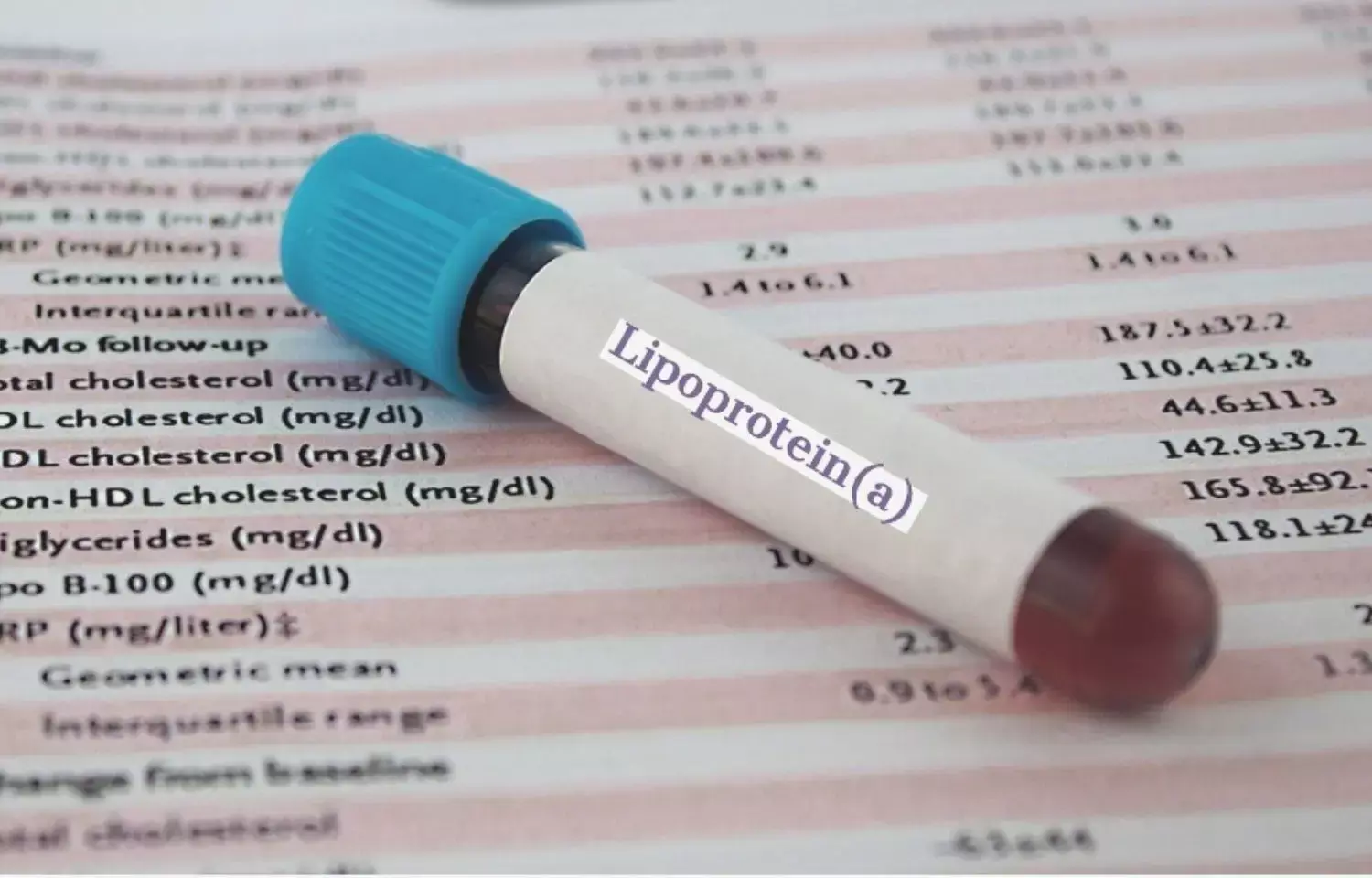- Home
- Medical news & Guidelines
- Anesthesiology
- Cardiology and CTVS
- Critical Care
- Dentistry
- Dermatology
- Diabetes and Endocrinology
- ENT
- Gastroenterology
- Medicine
- Nephrology
- Neurology
- Obstretics-Gynaecology
- Oncology
- Ophthalmology
- Orthopaedics
- Pediatrics-Neonatology
- Psychiatry
- Pulmonology
- Radiology
- Surgery
- Urology
- Laboratory Medicine
- Diet
- Nursing
- Paramedical
- Physiotherapy
- Health news
- Fact Check
- Bone Health Fact Check
- Brain Health Fact Check
- Cancer Related Fact Check
- Child Care Fact Check
- Dental and oral health fact check
- Diabetes and metabolic health fact check
- Diet and Nutrition Fact Check
- Eye and ENT Care Fact Check
- Fitness fact check
- Gut health fact check
- Heart health fact check
- Kidney health fact check
- Medical education fact check
- Men's health fact check
- Respiratory fact check
- Skin and hair care fact check
- Vaccine and Immunization fact check
- Women's health fact check
- AYUSH
- State News
- Andaman and Nicobar Islands
- Andhra Pradesh
- Arunachal Pradesh
- Assam
- Bihar
- Chandigarh
- Chattisgarh
- Dadra and Nagar Haveli
- Daman and Diu
- Delhi
- Goa
- Gujarat
- Haryana
- Himachal Pradesh
- Jammu & Kashmir
- Jharkhand
- Karnataka
- Kerala
- Ladakh
- Lakshadweep
- Madhya Pradesh
- Maharashtra
- Manipur
- Meghalaya
- Mizoram
- Nagaland
- Odisha
- Puducherry
- Punjab
- Rajasthan
- Sikkim
- Tamil Nadu
- Telangana
- Tripura
- Uttar Pradesh
- Uttrakhand
- West Bengal
- Medical Education
- Industry
Zerlasiran may prevent heart disease by lowering lipoprotein(a) concentrations: JAMA

A new study revealed that Zerlasiran is not just safe and tolerable but also effective in substantially reducing the levels of lipoprotein(a) [Lp(a)] which is a key factor in the development of atherosclerotic cardiovascular disease (ASCVD) and calcific aortic stenosis. The key findings of this study were published in the Journal of American Medical Association.
This comprehensive study was conducted across several countries including the US, the Netherlands, the UK and Australia from November 2020 to August 2023. This research enrolled healthy participants as well as the patients with stable ASCVD, all of whom expressed Lp(a) serum concentrations more than 150 nmol/L. This diverse group underwent treatment through randomized doses of Zerlasiran or placebo by exploring both single and multiple-dose administrations to evaluate the safety, tolerability and impact of the drug on Lp(a) levels.
Zerlasiran operates by targeting and suppressing the hepatic synthesis of apolipoprotein(a), thereby lowering the circulating levels of Lp(a). The outcomes of this study highlights no serious adverse events among the participants. Also, the drug demonstrated a remarkable ability to lower Lp(a) concentrations with the most notable reductions observed in the multiple-dose groups. After two doses, the participants saw a reduction in Lp(a) levels by up to 99% from baseline in some dosage groups that was sustained significantly over time.
These findings are crucial despite considering the absence of approved pharmacological treatments to address high Lp(a) levels which is a hereditary condition notoriously difficult to manage through lifestyle changes or existing cholesterol-lowering medications. The success of this study signals Zerlasiran as a effective drug for individuals with increased Lp(a) to be a potentially transformative addition to the arsenal against ASCVD and calcific aortic stenosis.
The study highlighted the importance of this advancement by illuminating the ability of Zerlasiran to significantly reduce Lp(a) levels with infrequent dosing that could revolutionize the approach of prevention and management of the cardiovascular disease. Zerlasiran continues through the pipeline of clinical trials and regulatory review which helps in resolve the anticipation of the wide-reaching implications of this new treatment. If approved, Zerlasiran could significantly impact the prevention of cardiovascular disease by marking a critical shift in the treatment strategy of high-risk individuals throughout the globe.
Source:
Nissen, S. E., Wolski, K., Watts, G. F., Koren, M. J., Fok, H., Nicholls, S. J., Rider, D. A., Cho, L., Romano, S., Melgaard, C., & Rambaran, C. (2024). Single Ascending and Multiple-Dose Trial of Zerlasiran, a Short Interfering RNA Targeting Lipoprotein(a). In JAMA. American Medical Association (AMA). https://doi.org/10.1001/jama.2024.4504
Neuroscience Masters graduate
Jacinthlyn Sylvia, a Neuroscience Master's graduate from Chennai has worked extensively in deciphering the neurobiology of cognition and motor control in aging. She also has spread-out exposure to Neurosurgery from her Bachelor’s. She is currently involved in active Neuro-Oncology research. She is an upcoming neuroscientist with a fiery passion for writing. Her news cover at Medical Dialogues feature recent discoveries and updates from the healthcare and biomedical research fields. She can be reached at editorial@medicaldialogues.in


